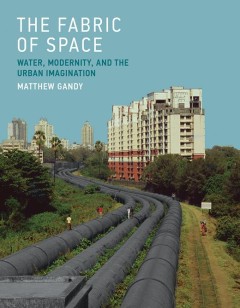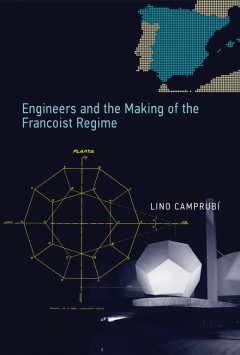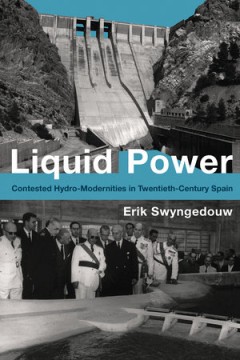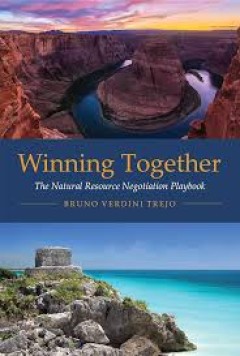Filter by

The fabric of space: Water, modernity, and the urban imagination
Water lies at the intersection of landscape and infrastructure, crossing between visible and invisible domains of urban space, in the tanks and buckets of the global South and the vast subterranean technological networks of the global North. In this book, Matthew Gandy considers the cultural and material significance of water through the experiences of six cities: Paris, Berlin, Lagos, Mumbai, …
- Edition
- -
- ISBN/ISSN
- 9780262321761
- Collation
- -
- Series Title
- -
- Call Number
- -

Engineers and the making of the Francoist regime
In the 20th century, science and technology became central to territorial transformation and in turn to state building. This was no less true for the Francoist regime. Engineers were not just working 'under' the dictatorship, but became active participants within it. This book traces concrete material objects in their way from laboratories onto the Spanish landscape. The material history of the…
- Edition
- -
- ISBN/ISSN
- 9780262323222
- Collation
- 1 online resource (xiii, 298 pages) :illustrations, maps.
- Series Title
- -
- Call Number
- -

Liquid power :water and contested modernities in Spain, 1898-2010
Erik Swyngedouw explores how water becomes part of the tumultuous processes of modernisation and development. Using the experience of Spain as a lens to view the interplay of modernity and environmental transformation, he shows that every political project is also an environmental project. Offering an innovative perspective on the relationship of nature and society, 'Liquid Power' illuminates t…
- Edition
- -
- ISBN/ISSN
- 9780262326957
- Collation
- 1 online resource (xiv, 301 pages) :illustrations.
- Series Title
- -
- Call Number
- -

Winning together :the natural resource negotiation playbook
Strategies for transboundary natural resource management; winner of Harvard Law School's Raiffa Award for best research of the year in negotiation and conflict resolution.OCLC-licensed vendor bibliographic record.
- Edition
- -
- ISBN/ISSN
- 9780262343633
- Collation
- 1 online resource (viii, 322 pages) :illustrations, maps.
- Series Title
- -
- Call Number
- -

Water, place, and equity
Many predict that by the end of the 21st century water will dominate world natural resource politics as oil does today. At present, much of the world's water is misallocated, wasted or polluted. This book argues that fairness in the allocation of water could be the cornerstone to a more secure future for mankind.OCLC-licensed vendor bibliographic record.
- Edition
- -
- ISBN/ISSN
- 9780262286107
- Collation
- 1 online resource (xii, 318 pages) :illustrations, maps.
- Series Title
- -
- Call Number
- -
 Computer Science, Information & General Works
Computer Science, Information & General Works  Philosophy & Psychology
Philosophy & Psychology  Religion
Religion  Social Sciences
Social Sciences  Language
Language  Pure Science
Pure Science  Applied Sciences
Applied Sciences  Art & Recreation
Art & Recreation  Literature
Literature  History & Geography
History & Geography